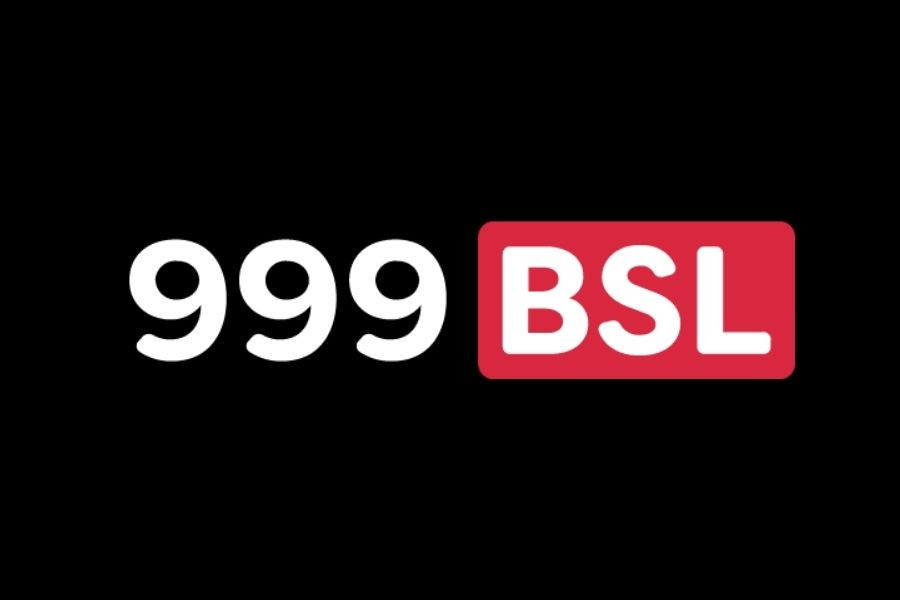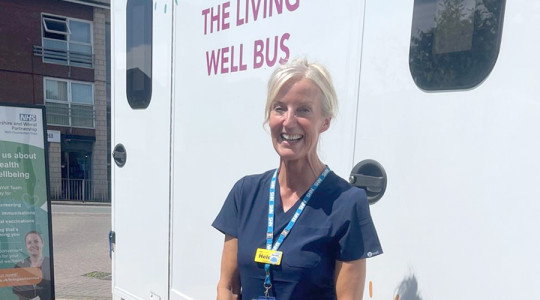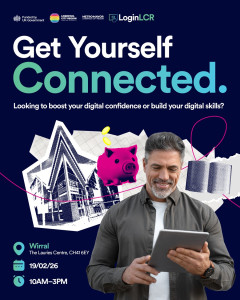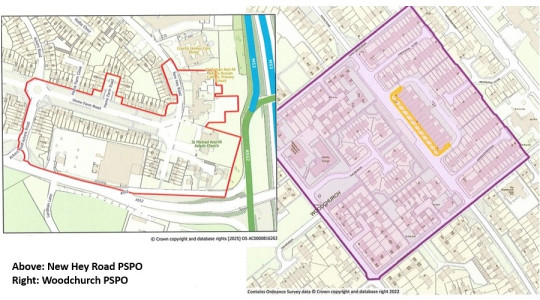New app enables deaf people to contact emergency services in British Sign Language
A new app and web-based service will be the UK’s first ever Video Relay Service (VRS) connecting Deaf people to the emergency services - police, ambulance, fire and coastguard - via a remote British Sign Language (BSL) interpreter.
The new service 999 BSL will launch as an app (iOS and Android) and web-based platform on 17 June 2022. The service, which will be funded by private telecoms companies, will be available 24 hours a day, 7 days a week, 365 days a year and will be completely free of charge to Deaf users.
While a text relay service already exists, video relay will enable Deaf callers across the UK to make video calls to the emergency services in their own language – British Sign Language – for the first time ever, without needing to use English or ask a hearing person to make a call to 999 on their behalf.
The 999 BSL emergency Video Relay Service (VRS) will allow Deaf BSL users to communicate clearly and effectively with non-BSL users, and will allow instructions from the emergency services to be more easily understood by BSL users.
It will involve a Deaf BSL user signing via a video link to a remote interpreter who is based in a location such as a call centre using a connected device such as a smartphone, tablet or PC. The interpreter will translate what is signed to the hearing person (in this case, the emergency services) and sign the responses from the emergency services back to the Deaf BSL user.
This is another major milestone in improving access for the estimated 90,000 Deaf people in the UK, following the recent historic decision by Parliament to recognise British Sign Language as a language of Great Britain for the first time. The British Sign Language (BSL) Act passed into law on 28 April 2022 after decades of campaigning by the Deaf community.
Janice Connolly, Community Liaison Officer for MSDP said: “We are delighted to support the launch of the first Deaf accessible 999 service. The Deaf Community has campaigned for years for equal access to vital services and to have access in our first language is amazing.
“An emergency situation can be a matter of life or death, particularly for our Community who don’t routinely have access to mainstream services because of our communication needs. This service means independence and equality. It means Deaf people do not have to rely on hearing neighbours or their hearing children to make a 999 call.”




